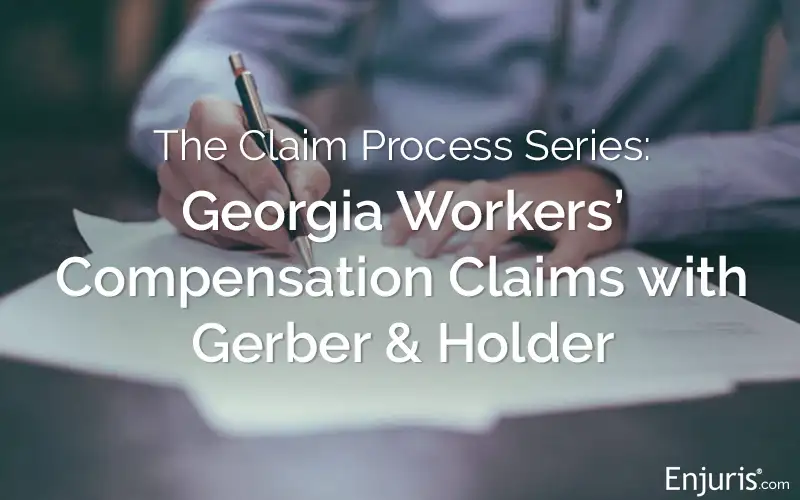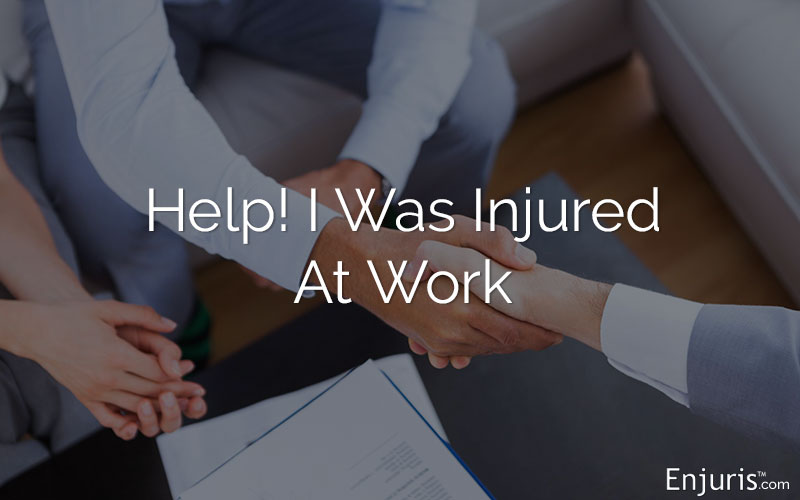
The International Longshoremen’s Association and the Savannah community have lost a member.
Tragically, Georgia Ports Authority worker Steven Cobb, age 50, was killed on the job in an equipment accident in March 2021. The accident involved a rubber-tired gantry crane used for stacking shipping containers at the Port of Savannah Garden City Terminal.
The exact cause of the accident is still under investigation by the Georgia Ports Authority Police Department.
Other Georgia port accidents and deaths
Mr. Cobb is not the only dock worker to have experienced a traumatic accident at the terminal. Far from it.
In 2015, 58-year-old Jimmy Massey was injured while working as a jockey truck driver and equipment operator at the same location. He operated the truck pulling an empty chassis as the crane operator lowered the container onto the chassis. The locking mechanism malfunctioned, and when the crane operator attempted to lift the container, Massey’s truck was hoisted off the ground and then dropped 30 feet. Massey was ejected from the truck, which then rolled over him. Fortunately, he escaped with his life, but he suffered an amputated leg.
A year later, another serious injury happened at the Garden City Terminal. Bruce Lawyer was working on a docked ship at the terminal. His job was to secure cargo containers being transferred onto the ship on a crane. The crane operator caused a container twist lock to dislodge and fall into the cargo hold. The twist lock, which is metal and weighs about 16 pounds, struck Lawyer in the head. The injury resulted in permanent and life-changing damage.
There were 98,000 workers in this industry in 2017. From 2011-2017, there were approximately 16 fatalities per 100,000 workers each year. That’s 5 times more than the rate in the overall U.S. workforce. There was also an average of 4,916 non-fatal injuries per 100,000 workers each year, which is more than double the statistics for other industries. (source)
What is the Longshore and Harbor Workers’ Compensation Act?
This federal law provides for wage benefits, medical care, and vocational rehabilitation services to workers in certain industries, along with survivor benefits to families of eligible employees who’ve become disabled by a work-related injury that happened on the navigable waters of the United States. It also applies to areas used for loading, unloading, repairing, or building a vessel.
Workers covered under the LHWCA include:
- Longshore workers
- Ship-repairers
- Shipbuilders or shipbreakers
- Harbor construction workers
The exceptions are seamen, government employees, and employees whose injury was caused by their own intoxication or willful intent to cause harm to themselves or others.
There are also exceptions for people who are covered by workers’ compensation. This includes:
- Office, clerical, data processing, security, or secretarial staff
- Small vessel workers (exempt under certain conditions)
- Club, camp, recreation, restaurant, museum, or retail employees
- Marina employees not in construction, expansion, or replacement of the marina
- Employees of suppliers, transporters, or vendors who are temporarily employed or not otherwise covered
- Aquaculture workers
- Builders of recreational vessels under 65 feet long
How to report an injury under the LHWCA
- Notify your supervisor or manager immediately or as soon as possible. You must provide written notice to your employer within 30 days of the accident or injury.
- Obtain medical treatment immediately or as soon as possible. You may select your own physician, and submit a Form LS-1 to have your treatment authorized. If it’s an emergency, you can have treatment authorized by your employer or its insurance carrier after treatment has been provided.
- In addition to the notice provided to your employer, you must also file a written claim with the federal Office of Workers’ Compensation Programs (OWCP) within 1 year of your injury or from the date that you received the last payment from your employer.
- If the employee has died, their survivors or legal representatives must file a Claim for Death Benefits within 1 year of the date of death.
Workers’ compensation benefits
If you were injured but you’re not eligible for benefits under the LHWCA, you’re probably eligible for benefits from workers’ compensation.
There are risks inherent in almost any job — whether you work from home and your biggest risk is tripping over your own laptop cord, or if you’re in an occupation that deals with heavy equipment and greater risk of injury.
An employer is responsible for keeping employees safe. Every employer must follow work safety regulations and other reasonable steps to prevent injury in the workplace.
Here are the basics of workers’ compensation:
If you are injured, you can use the workers’ compensation system as a no-fault method for recovering benefits. You don’t need to prove negligence for a workers’ compensation claim. All you have to show is that you were engaged in performing a task related to your job at the time you were injured.
Through workers’ compensation, you can generally recover:
- Medical benefits
- Mileage reimbursement for medical visits
- Vocational rehabilitation
- Death benefits
- Disability payments for lost wages
There are 2 major advantages to the workers’ compensation system.
First, you can begin to receive benefits quickly without having the burden of proof of negligence.
Second, it benefits your employer, too. If you’re receiving workers’ compensation benefits, you can’t then file a lawsuit against your employer for the same injury. This saves an employer from costly and time-consuming litigation.
Personal injury lawsuits
There is another avenue for someone who’s been seriously injured in an equipment accident. If you were injured by defective equipment, you might have a product liability lawsuit.
In other words, you might not be able to sue your employer for an injury that’s covered under workers’ compensation, but you can sue a third party, like the manufacturer of equipment.
This might be the best course of action for some plaintiffs — like the family of Steven Cobb, if they choose to file a wrongful death claim — because it allows you to recover compensation in ways that workers’ compensation doesn’t.
For instance, a workers’ compensation claim will only cover economic losses — wage loss benefits, medical treatment, etc. — but it doesn’t cover pain and suffering, loss of consortium, emotional distress or PTSD, or other causes of action that are non-economic.
If your injury was very severe and results in long-term damage and loss, a personal injury lawsuit might be the best way to recover the full value of your losses.



 If you or a loved one have been seriously injured on the job, or suffered an occupational injury, you should know that you have legal rights under the Georgia workers’ compensation law. At Gerber & Holder Law, our
If you or a loved one have been seriously injured on the job, or suffered an occupational injury, you should know that you have legal rights under the Georgia workers’ compensation law. At Gerber & Holder Law, our 